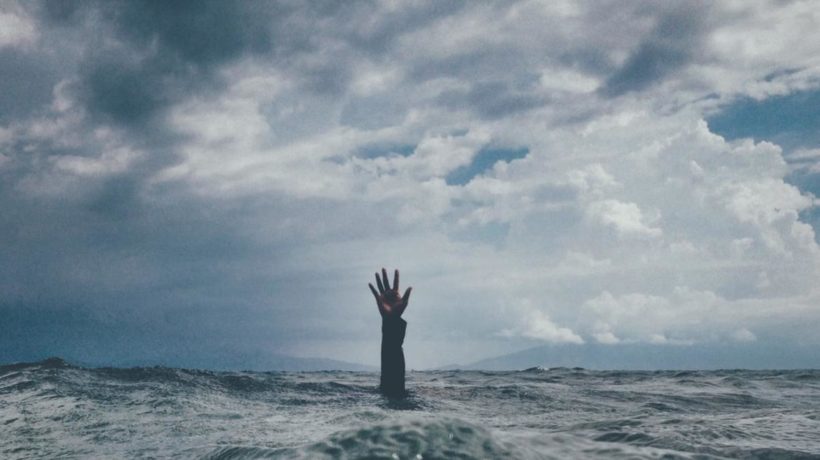Researchers are setting off alarms about the mental health crisis quietly sweeping the globe alongside COVID-19, in a new report in JAMA Internal Medicine. The authors say to expect an “overflow of mental illness that will inevitably emerge from this pandemic,” and that the surge will itself be a pandemic.
Large-scale disasters, ranging from the SARS epidemics and the World Trade Center attacks in the US to hurricanes and oil spills, “are almost always accompanied by increases in depression, post-traumatic stress disorder, substance abuse, a broad range of other mental and behavioral disorders, domestic violence, and child abuse,” write the authors.
The numbers are huge. The US-based study revealed that after Hurricane Ike and the 9/11 attacks, 5% to 10% of the local populations suffered major depressive disorders in the month after the incidents. A quarter of New Yorkers reported upped alcohol consumption after the attacks. Multiply those rates across 330 millions Americans, and the mental health system is woefully unprepared to handle the surge.
The researchers expect “substantial increases in anxiety, depression, substance use, loneliness, and domestic violence.” Based on available literature, the researchers suggest a few actions, including:
Outreach. Regular contacts with high-risk people including the elderly, undocumented immigrants and those with mental health challenges. “Even small signs that someone cares could make a difference in the early stages of social isolation.”
Online and on-phone activities. Group activities like exercise, worship, and virtual workspaces. Video or voice is better than email or text.
Buddy systems. Connecting with buddies to maintain social contact.
Tele-therapy. Medicare and many insurances have expanded coverage to include virtual visits with psychologists and social workers. Translation: You can probably have a therapy appointment—soon! At home!
The report notes that the system is unprepared and unlikely to be able to scale during the crisis, to the point that “communities and organisations could consider training nontraditional groups to provide psychological first aid.” You know things are bad when amateurs are being brought in. In other words, we are mostly on our own for a while. Hang in there. And call someone who needs some phone love.
In South Africa, the threat of an increase in societal ills such as gender-based violence, sex crimes and murders – which are already at alarming levels – is very real. Despite the governments efforts to mitigate these occurrences through an alcohol ban during the lockdown period, reported incidents of domestic abuse have already spiked. In fact, many domestic violence and women’s shelters in South Africa are reaching capacity and are unable to take in new victims due to lockdown and social distancing measures.
South Africa’s overpopulated, impoverished townships are crime-ridden in general, where family members – sometimes as many as 12 people – are forced to squeeze together in makeshift homes made of corrugated iron and other materials. These living conditions, along with the fact that many people are unemployed or casual workers who now find themselves out of work, are contributing factors to the rise in violent crimes.
In addition, local organisations such personal development technology platform Mygrow are championing mental health awareness and wellbeing during this time. The company is offering free mental health and wellbeing webinars every weekday at 11am. The topics covered range from flexibility in uncertain times, coping with stress, and overriding negative tendencies.
To access online therapy and mental healthcare while you’re stuck at home visit wellbeingincovid19.com as well as womenshealthsa.co.za.







